16 Days of Activism through building wealth and economic independence.

Every year from the 25th of November to the 10th of December, we have a call to action against gender-based violence and femicide (GBVF) on women and children. The 16 days of activism is an annual campaign that encourages people, communities and organisations to act to end gender-based violence (GBV). This global campaign highlights the violence against women as a critical human rights issue. It raises awareness, push for prevention, and demand accountability to end violence against women and children. This year’s theme: “30 years of advancing collective action to end violence against women and children”, will address the root causes of GBVF, promoting positive masculinity, promoting gender equity, and creating economic opportunities for women and children, says the South African Government. This pandemic cuts through all socio-economic conditions affecting high, medium, and low-income people despite South Africa having progressive laws to combat these crimes. President Ramaphosa has gone as far as describing GBVF as the country’s second pandemic, intensifying the fight against it.
On Monday, the 18th of November 2024, the Human Sciences Research Council (HSRC) released the first national GBV prevalence study. The study surveyed 10 012 people inclusive of 5 603 women and 4 409 men. It showed that nearly 36% of women in South Africa – an estimation of 7.8 million women have experienced physical and/or sexual abuse at some point in their lives, with 24% – estimated at 3.4million women have suffered abuse at the hands of their intimate partners. The study also reflected the deeply ingrained societal norms and structures that perpetuate male dominance, with strong cultural reinforcement of traditional gender roles leading to systemic inequalities, and violence against women.
As the effects of decades of institutionalised racism, sexism, exclusion, structural violence, and other factors that undermined human development continue to grabble South Africa, the country remains a society deeply marked by violence rooted in unequal power dynamics between women and men. This suggests that the country has one of the highest rates of GBV as it contends with some of the world’s highest homicide data. The HSRC study further implies that most men in S.A believe that a woman should obey her husband and believe that women cannot refuse to have sex with her husband, revealing that black women were most affected by the violence.
GBV is a national crisis which is a serious abuse of someone’s human rights. Some psychologists explain it as an important psychosocial and health concern that affects all sectors of the society as it transcends cultural, socio-economic, ethnic, and other socio demographic diversities.
This is why the BMF Women Empowerment Desk in the Western Cape embarked on a call to action of empowering young women on how to build wealth and economic independence. The call to action will explore how financial independence can empower individuals to break barriers, take control of their finances and create generational wealth. “By improving the economic circumstances of women, we are reducing their vulnerability to abuse and violence”, says S.A Government Communications. The publication further states that, “women’s economic resilience will enable them to walk away from situations that make them vulnerable to GBVF and to take control of their own lives and that of their children”. A BMF agenda of socio-economic transformation.
It is often said that if you empower a woman, you empower a nation. And indeed, economic empowerment is the most powerful way for women to achieve their full potential and advance their rights. My plea during these 16 days of activism is that this campaign be an ongoing campaign where we will challenge cultural practices that perpetuate gender inequalities and the abuse of women and children, where men will step up to fight GBVF and relevant partnerships are forged to fight this pandemic. The HSRC study is a vital source of information that researchers, academics, policy makers and stakeholders can use to come up with better implementation strategies to combat GBVF. This requires collaborative actions from us all to end this pandemic.
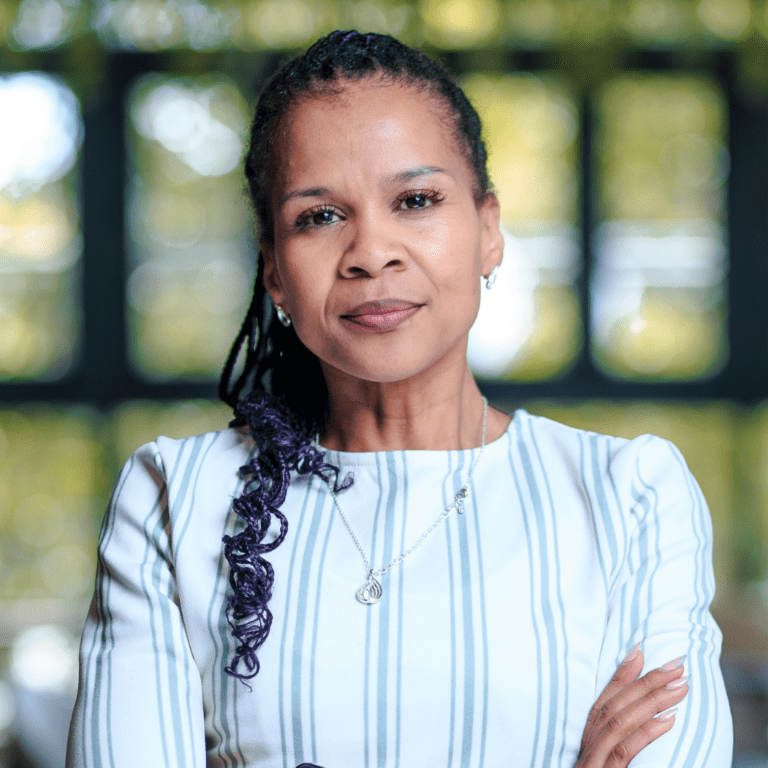
About the Author
Lilly Moabi is a distinguished leader serving as the Deputy President of the Black Management Forum. In her professional capacity, she is a Laboratory Manager, where she oversees complex operations. She holds an Master of Business Administration from Mancosa.
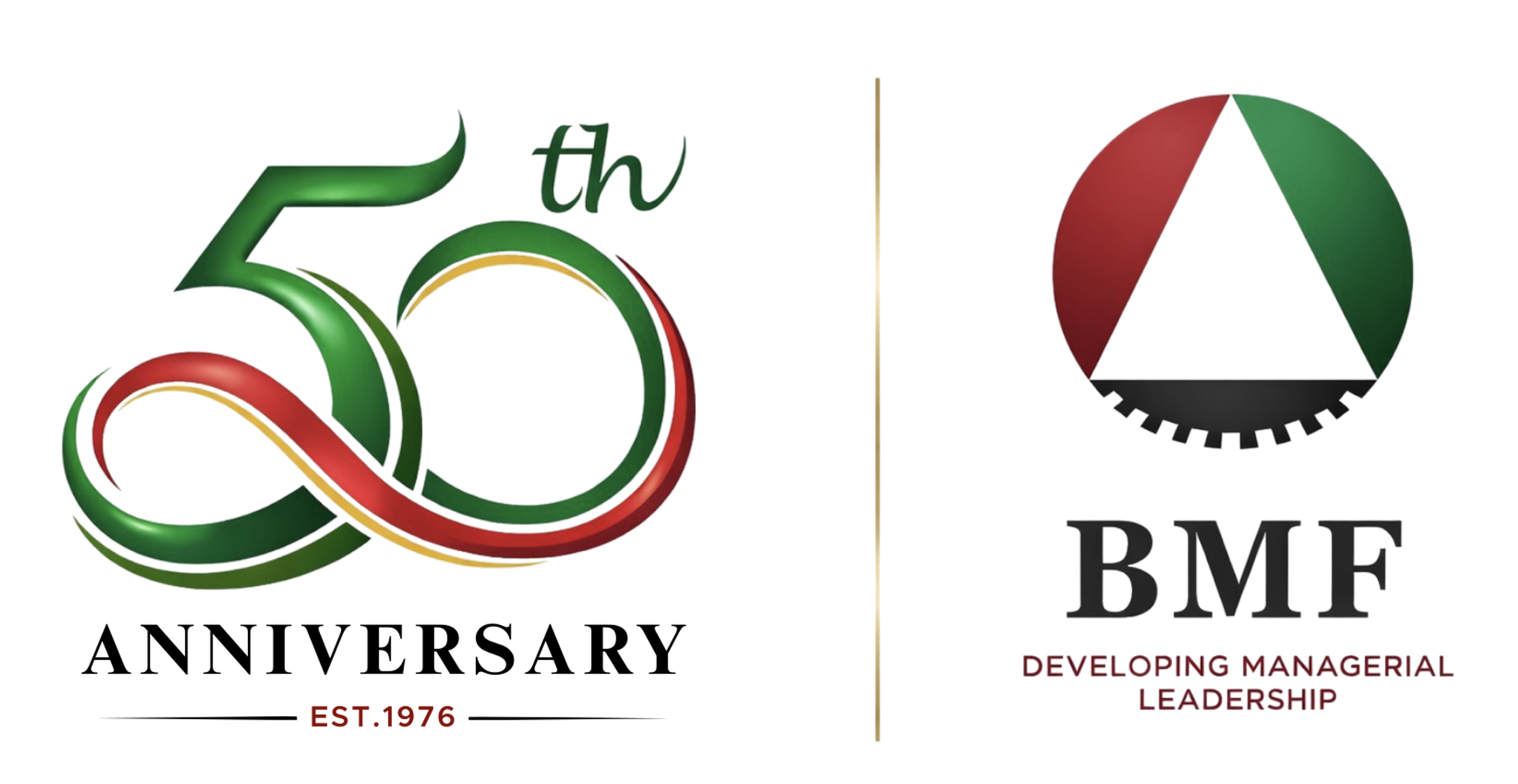
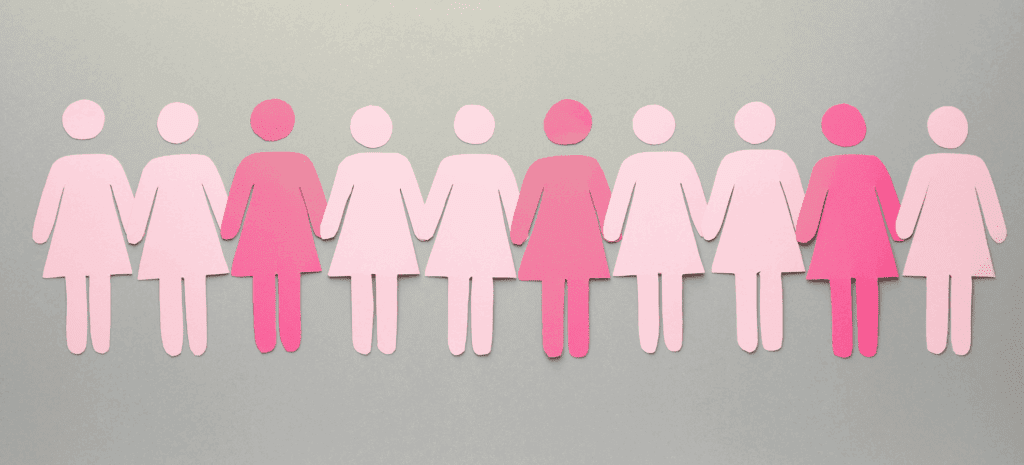

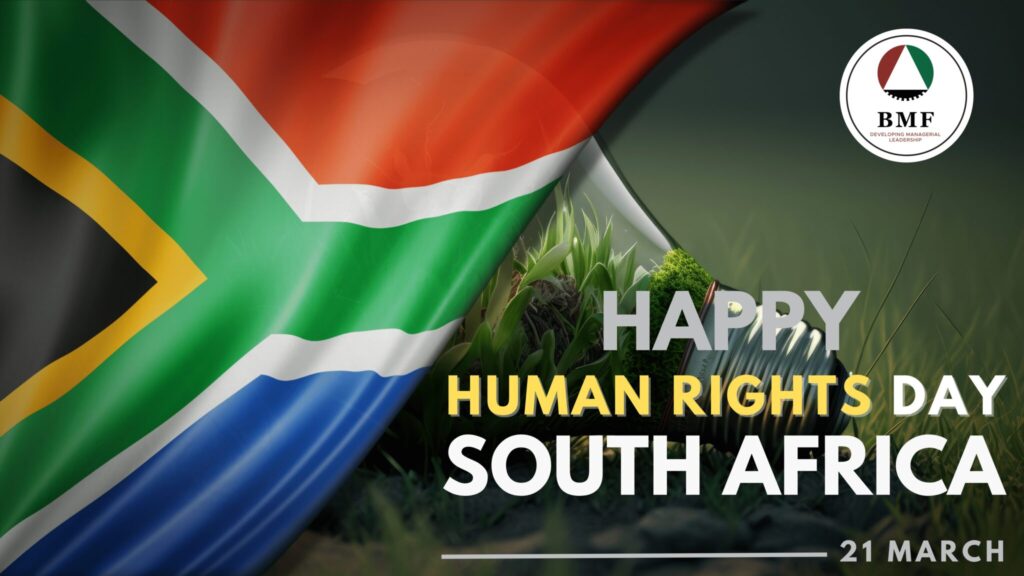
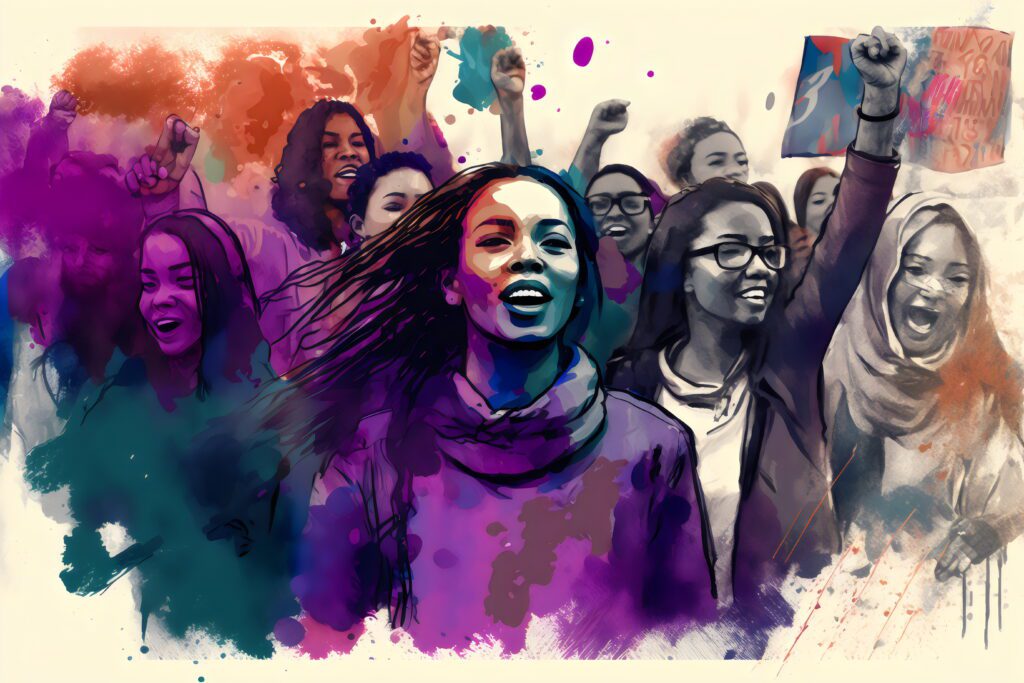
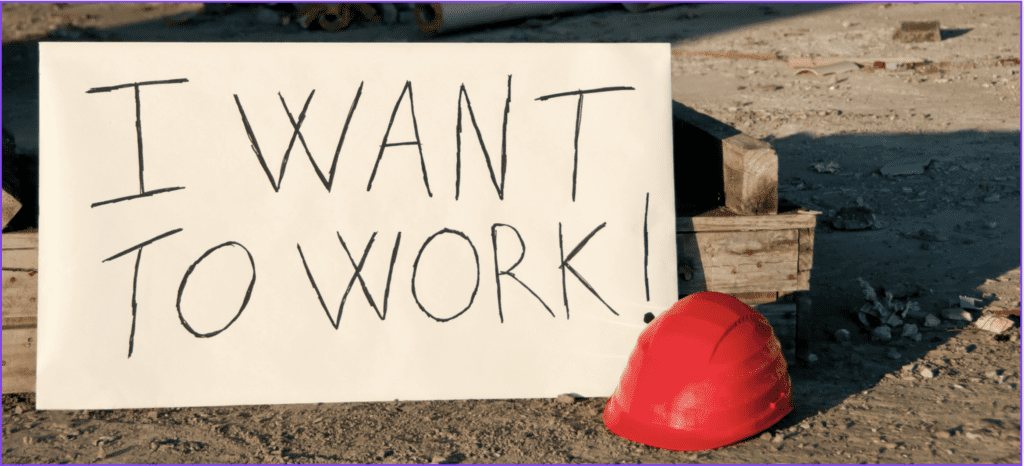
Responses